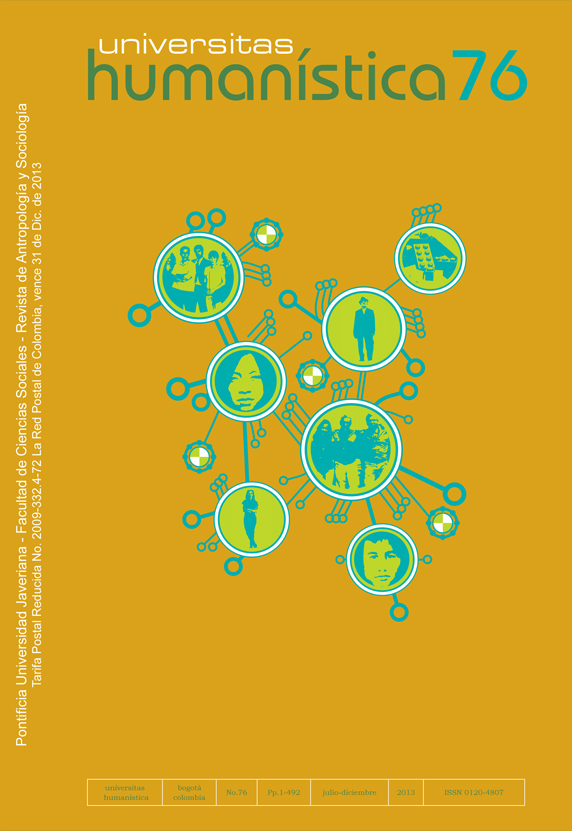Resumen
Durante la última década, las discusiones sobre el modo en que el desarrollo de tecnologías puede (o debería) favorecer procesos de inclusión social se han reavivado en el debate académico y, en algunos casos, se han plasmado en el diseño e implementación de políticas públicas.
Sin embargo, entre los grupos de I+D que realizan actividades de desarrollo tecnológico y extensión persisten los enfoques deterministas y el apego a los modelos de transferencia de tecnología, de modo que es frecuente que no consigan generar procesos de inclusión y empoderamiento sustentables en el tiempo.
El objetivo principal de este artículo es realizar un primer análisis de los aprendizajes generados cuando los grupos de I+D enfrentan problemas y significados ajenos a sus marcos de producción de conocimiento y el modo en que se habilitan nuevas formas de negociación de conocimientos y tecnologías, identificando asimismo las posibles limitaciones de estos procesos. Para tal fin, se analizaran dos experiencias de desarrollo de tecnologías para la inclusión social en Argentina en las áreas de viviendas sociales y energías renovables.

La revista Universitas Humanística se encuentra registrada bajo la licencia Creative Commons Reconocimiento 4.0 Internacional. Por lo tanto, esta obra se puede reproducir, distribuir y comunicar públicamente en formato digital, siempre que se reconozca el nombre de los autores y a la Pontificia Universidad Javeriana. Se permite citar, adaptar, transformar, autoarchivar, republicar y crear a partir del material, para cualquier finalidad (incluso comercial), siempre que se reconozca adecuadamente la autoría, se proporcione un enlace a la obra original y se indique si se han realizado cambios. La Pontificia Universidad Javeriana no retiene los derechos sobre las obras publicadas y los contenidos son responsabilidad exclusiva de los autores, quienes conservan sus derechos morales, intelectuales, de privacidad y publicidad.
El aval sobre la intervención de la obra (revisión, corrección de estilo, traducción, diagramación) y su posterior divulgación se otorga mediante una licencia de uso y no a través de una cesión de derechos, lo que representa que la revista y la Pontificia Universidad Javeriana se eximen de cualquier responsabilidad que se pueda derivar de una mala práctica ética por parte de los autores. En consecuencia de la protección brindada por la licencia de uso, la revista no se encuentra en la obligación de publicar retractaciones o modificar la información ya publicada, a no ser que la errata surja del proceso de gestión editorial. La publicación de contenidos en esta revista no representa regalías para los contribuyentes.


